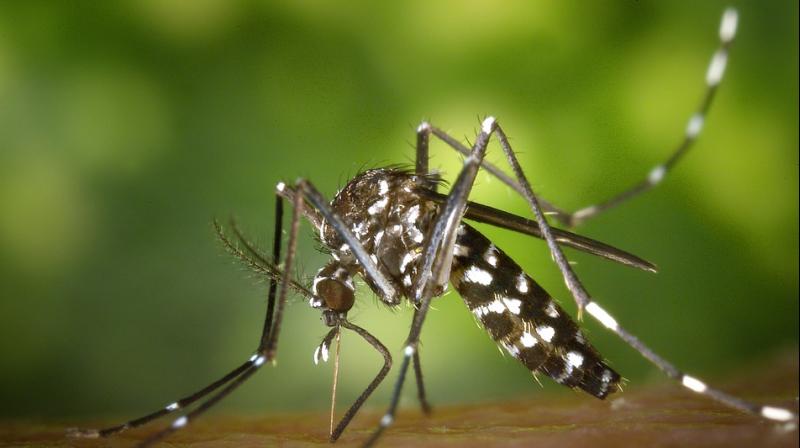Low-cost pregnancy strip-like test could check for Zika quickly
It resembles a pregnancy test strip and contains antibodies that react to the presence of Zika or dengue virus.

A new pregnancy strip-like test can quickly and accurately detect Zika and dengue viruses from blood, according to a study which used serum samples from several affected countries including India.
The test developed by researchers, including those from Massachusetts Institute of Technology (MIT) in the US, accurately diagnoses Zika and dengue and can tell the two mosquito-borne viruses apart.
Researchers checked the accuracy of the test by testing blood serum samples taken from people in regions where Zika has hit hardest, including Brazil, Colombia, Guatemala, India, Mexico and Panama.
It resembles a pregnancy test strip and contains antibodies that react to the presence of Zika or dengue virus, and gold nanoparticles that respond to the antibody reaction.
"In light of the problems with Zika virus causing microcephaly - a genetic abnormality resulting in a smaller- than-normal head - and other defects in babies born to infected mothers, it is important a pregnant woman would know if her fever is caused by Zika virus or dengue virus," said said Lee Gehrke, a professor at MIT.
To use the test, a medical professional would dip the strip into a tube of either blood serum or whole blood, the study published in the journal Science Translational Medicine stated.
"If it is a positive test, then we see a dot or a line on the test that results from seeing the gold nanoparticles that signal the antibodies recognising the viral protein," said Gehrke.
The test can tell Zika from dengue, and also can distinguish among four different strains of dengue, Gehrke added.
Zika and dengue both belong to the same viral family, which are called flaviviruses. They are two closely related viruses spread by the same mosquito, researchers said.
The team developed the new test because current testing products sometimes cross-react between Zika and dengue, providing a false positive for Zika when the patient actually has the other virus.
The test proved 80 per cent to 90 per cent accurate in detecting Zika and avoiding false positives.
The test is also expected to be very affordable. Currently, material costs are about five dollars per strip.

